Texas governor rails against controversial LGBTQ books, will push to ban “pornography” from school libraries
Greg Abbott directs Texas education agencies and librarians to allow parents to vet and censor books over "inappropriate" content.

Texas Gov. Greg Abbott (R) has called upon the state’s school boards to remove books he described as “pornography” from school libraries, in what could turn into an eventual push to censor any books with content that could be considered “objectionable,” including references or allusions to LGBTQ themes.
In a letter to the Texas Association of School Boards on Monday, Abbott did not cite a specific book that contained “pornography,” although a fellow Republican, State Rep. Jeff Cason (R-Bedford), called on State Attorney General Ken Paxton to investigate objectionable books in schools, with particular focus on Gender Queer, a graphic novel and memoir by Maia Kobabe.
The book contains explicit drawings of characters engaging in oral sex and masturbation, focusing on Kobabe’s thoughts, feelings, and understanding of sex, sexuality, and gender identity, including discussions about the desire to use hormones to transition, as a teenager.
Particularly taken out of context, the graphic illustrations are shocking, but many parents and social conservatives in various states have singled out the book as being inappropriate for minors, even at the high school level.
Gender Queer has been flagged by parents in Fairfax County, Virginia, which is determining whether to ban the book from all school libraries, by North Carolina Lt. Gov. Mark Robinson (R) as part of an attempt to link the LGBTQ community with perversion — at least as it pertains to books or lesson plans in schools.
Additionally, a school district in Keller, Texas removed the book after parents complained about its “inappropriate images,” reports The Texas Tribune.
Similarly, a school district in Waukee, Iowa, banned Gender Queer and two other books dealing with LGBTQ subject matter — Lawn Boy and All Boys Aren’t Blue — that have been flagged by parents in various states over concerns about the novels’ graphic nature and accusations that the books allegedly glorify “pedophilia,” extramarital sex, and sodomy.
However, the Texas Association of School Boards has since written back to Abbott, telling him the association has no regulatory authority over individual independent school districts, and suggested he direct his request to the Texas Education Agency or the Texas State Board of Education.
Abbott then responded by directing those agencies, as well as the Texas State Library and Archives Commission, to develop statewide standards to prevent “pornography” and other “obscene content” from entering school libraries.
He specifically singled out Gender Queer and In the Dream House, a novel by Carmen Maria Machado that allegedly describes sexual acts in great detail.
“These standards must ensure transparency about the materials being taught in the classroom and offered in school libraries,” Abbott wrote. “They must also ensure that our schools have an appropriate and transparent process, which includes parents and community members, to vet school and library materials before they are used.
“Additionally, parents should be informed of the formal grievance process, in the event an inappropriate book is identified.”
But some critics worry that any book dealing with LGBTQ themes or topics, or, by extension, any other potentially controversial issues, could be flagged or banned from school libraries so long as even one parent objects to the content, setting off a much larger censorship campaign.
Kobabe, who told CNN that the coming-of-age memoir has been banned or challenged from school libraries in at least seven states, asked that people read the book to understand its content, rather than simply looking at pictures that may make people uncomfortable or relying on edited video clips that seek to portray eir book in a bad light.
“Read the whole thing and judge for yourself, don’t just go based on the one or two tiny clips you’ve seen on social media,” Kobabe said.
See also: Wyoming librarians may face criminal charges for stocking LGBTQ-themed books
Kobabe also warned that banning books with LGBTQ content from libraries eliminates one of the few “safe spaces” where LGBTQ youth can find materials that speak to them, or address their concerns over coming out, acceptance, and struggling with their sexuality or identity.
As a result, those youth will turn to the Internet, which is much more unregulated and potentially dangerous or harmful — particularly if the information made available to them isn’t accurate or factual.
“I know we have the internet, but the internet is absolutely rife with misinformation,” Kobabe said. “And I think there’s a danger if you Google some topics about queerness, that you will land on sites that either are misinformation or coming from a really negative point of view, or it will send you straight to pornography, unfortunately.”
Deborah Caldwell-Stone, the head of the American Library Association’s Office for Intellectual Freedom, told CNN that, based on voluntary reporting and media reports, the ALA has seen an 60% increase in challenges to books written by minority and LGBTQ authors, or books that address the experiences of marginalized groups, over the first nine months of this year, compared to the same time period in 2020.
She noted that social media often amplifies objections to books that have been flagged elsewhere, particularly graphic novels that have LGBTQ characters or deal with LGBTQ issues, even tangentially.
“It goes viral, for lack of a better phrase, and we have actually seen several reports come in that echo the same language and challenges in another part of the country, clearly derived from social media, or viral videos,” she said “And it’s a real question whether the individuals have actually read the book or are just accepting what they’re hearing on social media.”
See also:
Italian politician comes out as gay on live TV: “I feel free.”
Gay soccer player Josh Cavallo would be ‘scared’ to play at World Cup in anti-gay Qatar
Bulgarian presidential candidate arrested after leading attack on LGBTQ center
Support Metro Weekly’s Journalism
These are challenging times for news organizations. And yet it’s crucial we stay active and provide vital resources and information to both our local readers and the world. So won’t you please take a moment and consider supporting Metro Weekly with a membership? For as little as $5 a month, you can help ensure Metro Weekly magazine and MetroWeekly.com remain free, viable resources as we provide the best, most diverse, culturally-resonant LGBTQ coverage in both the D.C. region and around the world. Memberships come with exclusive perks and discounts, your own personal digital delivery of each week’s magazine (and an archive), access to our Member's Lounge when it launches this fall, and exclusive members-only items like Metro Weekly Membership Mugs and Tote Bags! Check out all our membership levels here and please join us today!





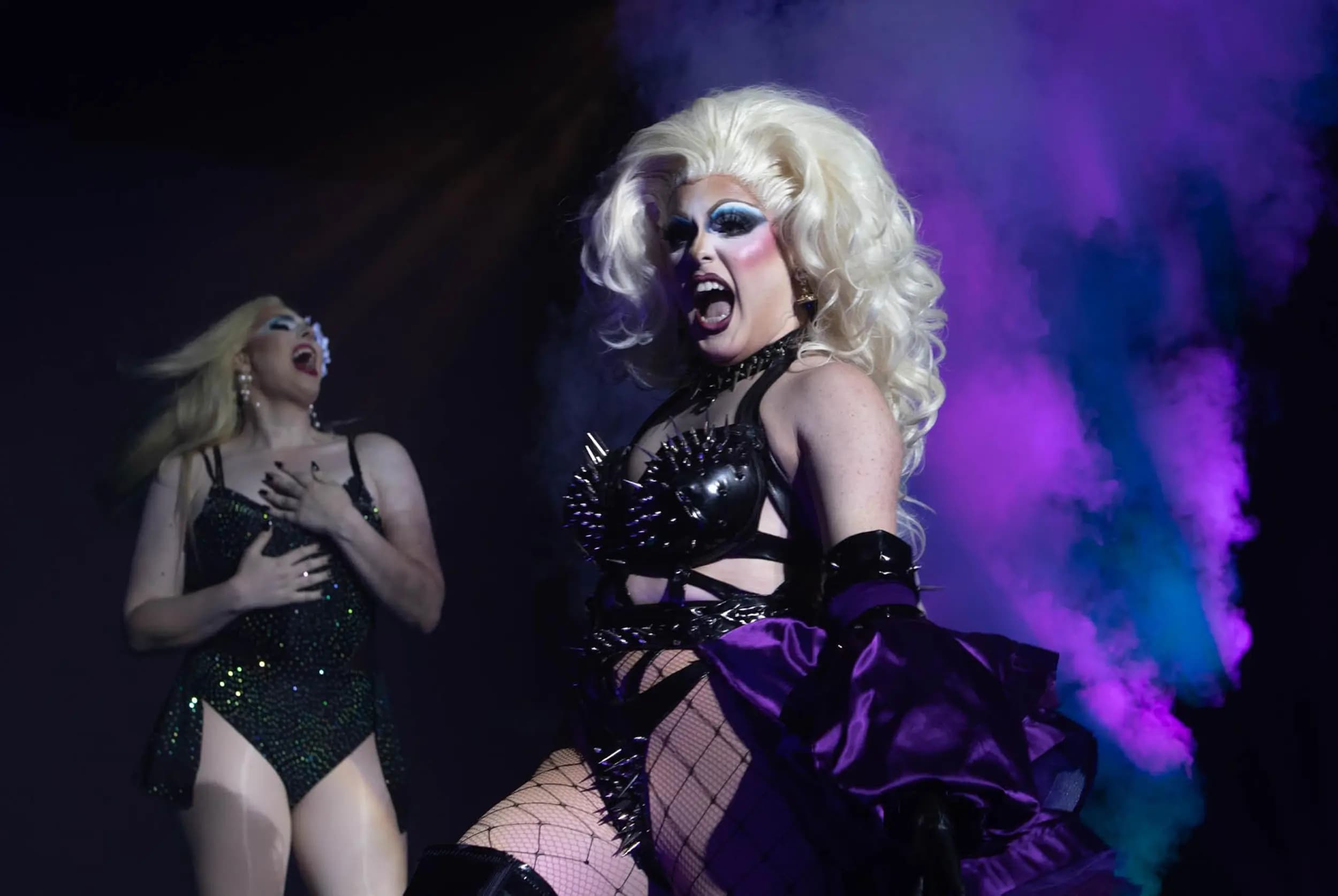
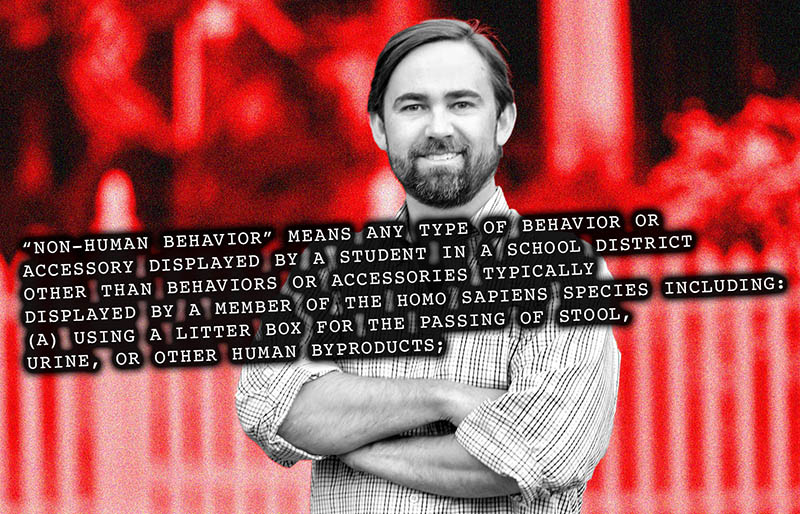














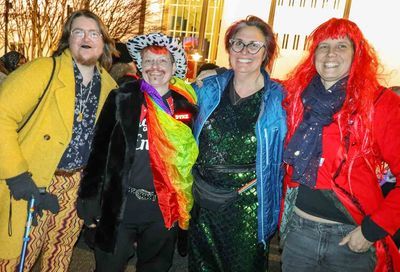
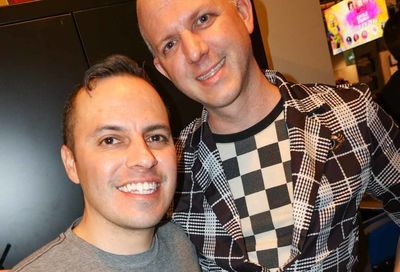
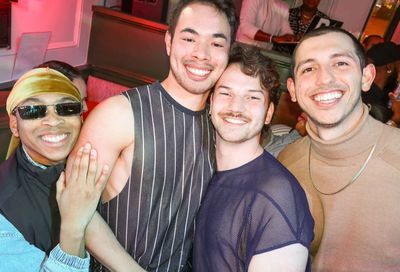
You must be logged in to post a comment.